On September 21, local time, Russian President Vladimir Putin delivered a video address, announcing the partial mobilization from September 21, and saying that Russia will support the decision made by the residents of Donbas region, Zaporoge Prefecture and Herson Prefecture in the referendum.
First mobilization after World War II
In his speech, Putin announced that "only those citizens who are currently in the reserves, above all those who have served in the armed forces and have certain military expertise and relevant experience, will be called up for military service" and that "those who have been called up for military service will have to undergo additional military training before being deployed to the forces." Russian Defense Minister Sergei Shoigu said 300,000 reservists would be called up as part of the mobilization. He also pointed out that Russia is not only at war with Ukraine, but also with the West.
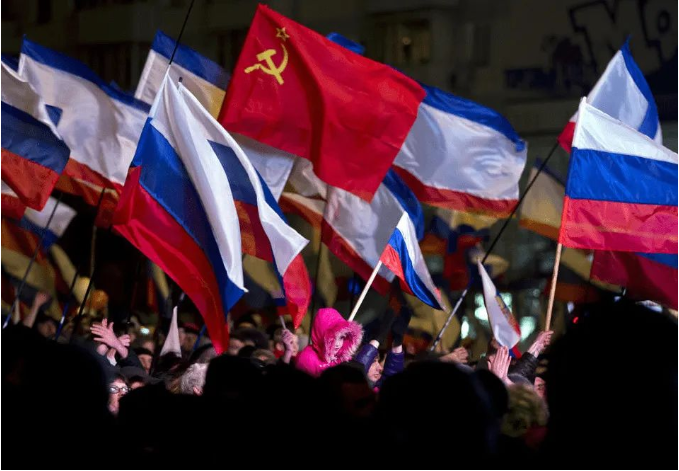
Reuters reported on Tuesday that Russian President Vladimir Putin announced a partial mobilization order, which is the first mobilization in Russia since World War II.
The referendum on Russia's membership was held this week
Luhansk's regional leader Mikhail Miroshnichenko said Sunday that a referendum on Luhansk's bid to join Russia will be held from July 23 to 27, Russia's Sputnik news agency reported. Donetsk regional leader Alexander Pushilin announced on the same day that Donetsk and Luhansk will hold a referendum on joining Russia at the same time. In addition to the Donbass region, the administrative officials of the Pro-Russian Hershon and Zaporoge regions also announced on April 20 that they would hold a referendum on Russia's membership from April 23 to 27.
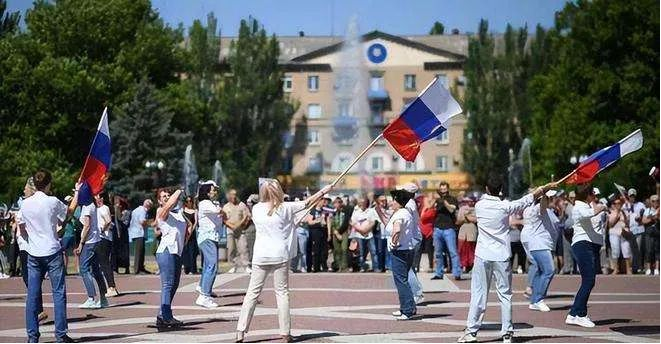
"A referendum should be held in the Donbass region, which is important not only for the systematic protection of the population but also for the restoration of historical justice," Dmitry Medvedev, deputy chairman of the Security Council of the Russian Federation, said on Sunday. In the event of a direct attack on Russian territory, Russia will be able to use all its forces to defend itself. That's why these referendums are so scary for Kiev and the West."
What will be the future impact of this escalating conflict on the global economy and international trade?
New moves in the currency markets
On September 20, all three major European stock markets fell, the Russian stock market suffered a sharp sell-off. The day more and Ukraine conflict related to the news came out, to a certain extent, affected the mood of Russian stock investors.
Trading in the British pound will be suspended on the Moscow Exchange's foreign exchange market from October 3, 2022, the Moscow Exchange said in a statement late on Monday. The suspensions include on-exchange and off-exchange trading of the Pound-ruble and pound-dollar spot and forward trades.
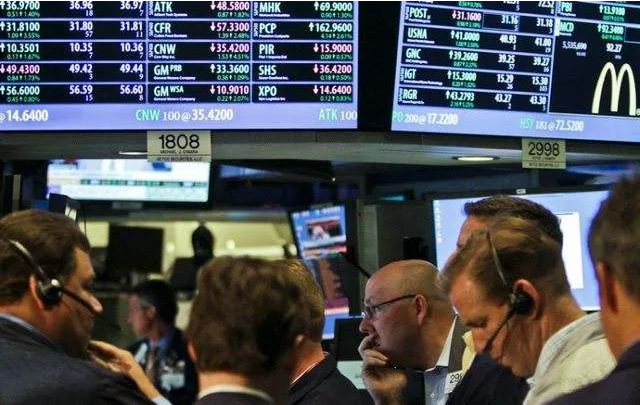
The Moscow exchange cited potential risks and difficulties in clearing sterling as the reason for the suspension. Previously concluded transactions and transactions to be closed before and including September 30, 2022 will be executed in the normal manner.
The Moscow exchange said it was working with banks to resume trading at a time to be announced.
Earlier, Mr Putin's economic BBS plenary session in the east, has said the United States to pursue their own interests, never limit yourself, in order to achieve their goals will not be embarrassed about anything, the United States destroyed the foundation of the world economic order, the dollar and the pound has lost credibility, Russia is to give up using them.
In fact, the rouble has strengthened since its plunge in the early days of the conflict and is now stable at 60 to the dollar.
Peng Wensheng, chief economist of CICC, pointed out that the fundamental reason for the ruble's appreciation against the market is Russia's position as an important energy producer and exporter against the backdrop of the increased importance of real assets. The recent experience of Russia shows that in the context of anti-globalization and definancialization, the importance of real assets increases, and the supporting role of commodities for a country's currency will increase.
Turkish banks abandon Russian payment system
In order to avoid being involved in the financial conflict between Russia and Western countries, Turkey's Industrial Bank and Deniz Bank announced on September 19 that they would suspend the use of Russia's Mir payment system, CCTV News and Turkish media reported on September 20, local time.
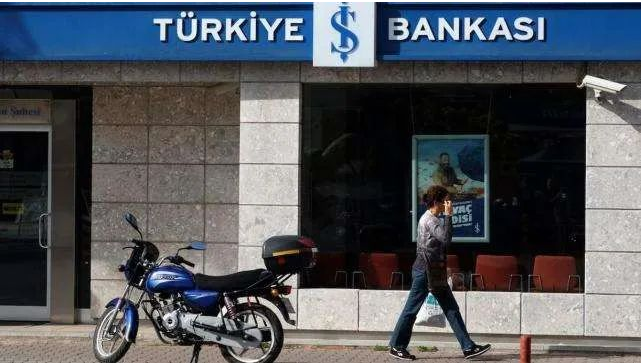
The "Mir" payment system is a payment and clearing system launched by the Central Bank of Russia in 2014, which can be used in many foreign countries and regions. Since the outbreak of the conflict between Russia and Ukraine, Turkey has made it clear that it will not participate in the Western sanctions against Russia and has maintained normal trade with Russia. Previously, five Turkish banks used the Mir payment system, making it easy for Russian tourists to pay and spend money while visiting Turkey. Turkish Treasury and Finance Minister Ali Naibati has said Russian tourists are vital to Turkey's struggling economy.
Global food prices are likely to continue rising
Lian Ping, chief economist and director of the research institute of Zhixin Investment, said that the conflict between Russia and Ukraine worsened the situation of food supply shortages and soaring food prices from both production and trade aspects. As a result, people in some parts of the world, mainly in developing countries, are on the brink of famine, which affects local social stability and economic recovery.
Mr Putin said earlier at the plenary session of the seventh Eastern Economic Forum that Western restrictions on exports of agricultural products and fertilisers to Russia had been eased, but the problem had not been completely solved, leading to rising food prices. The international community should work together to stop the rise in food prices.
Chen Xing, chief macro analyst of Zhongtai Securities, pointed out that since the outbreak of the conflict between Russia and Ukraine, the global food supply chain has been seriously affected, and international food prices have been climbing. International prices then fell back on better production expectations and a turnaround in Ukrainian grain exports.
But Chen also stressed that a shortage of fertilizer supplies in Europe could affect the planting of autumn crops as the European gas crisis continues. Meanwhile, the conflict between Russia and Ukraine is still constraining food production, and India's imposition of tariffs on rice exports is threatening supplies again. International food prices are expected to continue to rise due to high fertilizer prices, the Russia-Ukraine conflict and export tariffs from India.
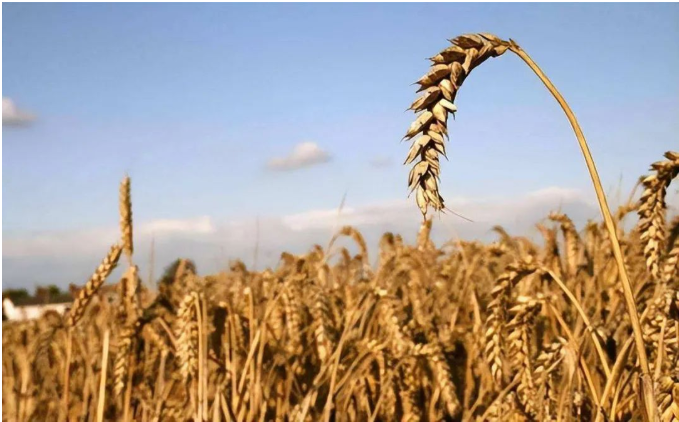
Chen noted that Ukraine's grain exports have fallen more than 50 percent from last year following the outbreak of the Russia-Ukraine conflict. Russian wheat exports have also been badly hurt, falling by about a quarter in the first two months of the new agricultural year. Although the reopening of the Black Sea port has eased food pressure, the conflict between Russia and Ukraine may not be resolved in the short term, and food prices remain high pressure.
How much does the oil market matter?
Haitong futures energy research director Yang An said that Russia announced part of the military mobilization, geopolitical situation out of control risk further increases, oil prices after the news quickly pulled up. As an important strategic material, oil is very sensitive to this, and the market quickly gave a geopolitical risk premium, which is a short-term market stress response. If the situation deteriorates, western sanctions against Russia for severe energy, and prevent Asian buyers for Russian oil, it could make Russia crude oil supply is less than expected, which brings to the oil must be supported, but considering the market has experienced during the first half of sanctions against Russia supply for excessive expectations were later modified in the early years of the loss, The impact will need to be tracked as events unfold. In addition, in the medium to long term, the expansion of the scale of war is a major negative for the global economy, which is not conducive to the healthy development of the market.
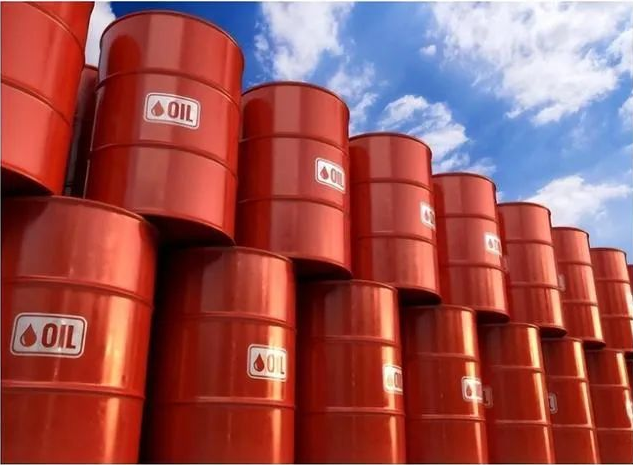
"Russia's seaborne crude oil exports fell sharply in the first half of this month. Crude shipments from its ports fell by almost 900,000 barrels a day in the week to September 16, with oil prices fluctuating sharply on yesterday's mobilisation news. We are raising rates to curb inflation scenario think oil prices will continue to back the core variables of supply is no longer continued to deteriorate, such as the current supply of crude oil in the Russia although logistics change, but the loss is limited, but once the escalation, lead to the supply of the existing problems, then raise interest rates in the short term it will be hard to suppress prices." Citic Futures analyst Yang Jiaming said.
Is Europe Hurt in Ukraine Conflict?
In the early days of the conflict, many agencies predicted that Russia's economic performance would decline by 10% this year, but the country is now holding up better than they thought.
Russia's GDP fell 0.4% in the first half of 2022, according to official data. It's worth noting that Russia has seen a mixed picture of energy production, including oil and gas, shrinking but prices rising, and a record current account surplus of $70.1 billion in the second quarter, the highest since 1994.
In July, the International Monetary Fund raised its GDP forecast for Russia this year by 2.5 percentage points, predicting a contraction of 6 per cent. The IMF noted that despite Western sanctions, Russia appeared to have contained their impact and domestic demand had shown some resilience.
Former Greek Prime minister Alexis Tsipras was quoted by EPT as saying that Europe had the biggest geopolitical loser from the Russia-Ukraine conflict, while the United States had nothing to lose.
Energy ministers of the European Union (EU) held an emergency meeting on Monday to discuss special measures to curb soaring energy costs and ease the energy supply crisis, said You Ting, an assistant researcher at the Carbon Neutral Development Institute of Shanghai Jiao Tong University. These include a windfall profits tax on energy companies, a cap on marginal cost pricing of electricity and a price cap on Russian natural gas. However, from the meeting announced the results of the deliberations, previously concerned about the price limit of Russian gas, due to large internal differences among member countries failed to reach an agreement.
For the EU, shelving disputes and staying together is a powerful way to survive the cold, but this winter is likely to be the "coldest" and "most expensive" in recent years in the face of practical pressures and a tough stance against Russia, Yuding said.
Post time: Sep-23-2022